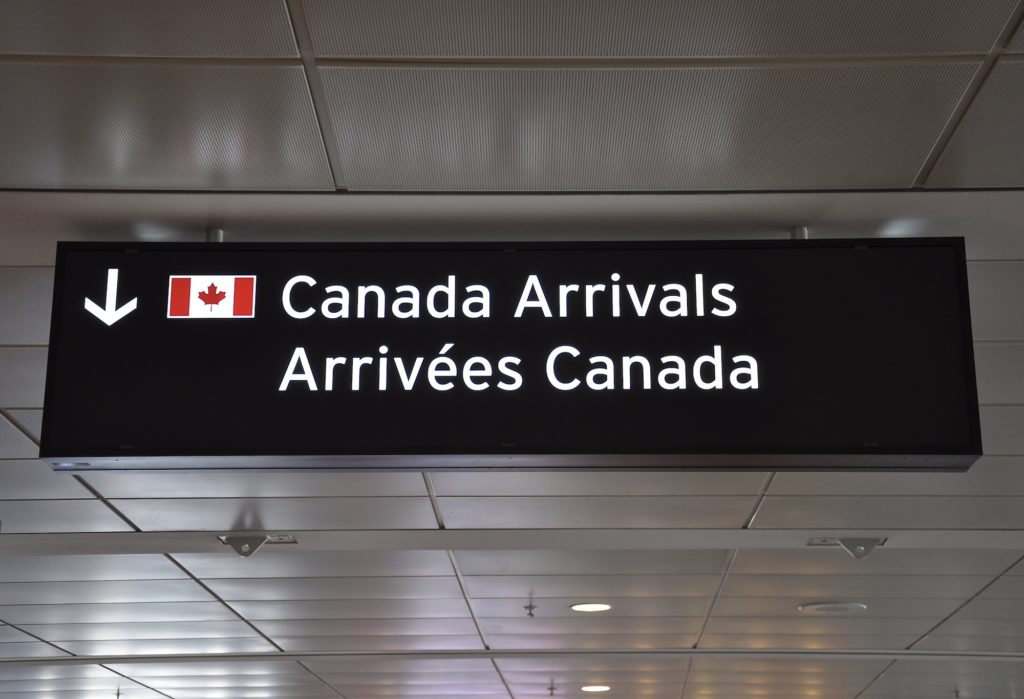How should a new Canadian invest his extra cash?
Should Adam add it to his TFSA? Or pay down the mortgage on his properties?
Advertisement
Should Adam add it to his TFSA? Or pay down the mortgage on his properties?

 Q. I am a new Canadian (27 years old) and started working in Canada about 1.5 years ago. It took me a while to figure out how things work in this country and a few months ago, after ditching a financial advisor who was also a family friend, I started investing on my own.
Currently, I have a TFSA with $11,000, an RRSP with about $9,000 as well as my employer’s matching pension plan. Both my TFSA and RRSP are invested in ETFs and so far, I am satisfied with it. We also have our son’s RESP savings plan that we contribute $2,500 to every year and currently, it is still with the advisor, but we are planning to transfer it into a self-directed account in the near future.
My wife and I also have a mortgage and, unfortunately, we put only 5% down because the house was being sold by an owner well below its actual value and it was short notice (We also own a townhouse but it is rented out and makes a small amount of money every month).
Here is my question. I am a pretty good saver and manage to save at least $600 to $800 every month (my after-tax pay is about $33,000/year). Plus, at the end of the year, I receive a very decent bonus which is being fully invested. Currently, I’ve maxed out my RRSP and invest $600 in my TFSA every month and I want to continue investing at least that amount but I also have some surpluses and cash reserves that I would like to invest. Would it make more sense to add those surpluses to the TFSA or add lump sums to pay down the mortgage? I don’t feel very comfortable having such a large mortgage (it is about $210,000) and would prefer to pay it off as soon as possible but I would like to hear someone else’s opinion regarding my options. Thanks a lot.
—Adam
A. Adam, I’ll quickly address your question, and then explain how to use the Canadian tax system combined with your rental property, to save even more money. I bet you’ll like this one!
Here’s the simple stuff:
Q. I am a new Canadian (27 years old) and started working in Canada about 1.5 years ago. It took me a while to figure out how things work in this country and a few months ago, after ditching a financial advisor who was also a family friend, I started investing on my own.
Currently, I have a TFSA with $11,000, an RRSP with about $9,000 as well as my employer’s matching pension plan. Both my TFSA and RRSP are invested in ETFs and so far, I am satisfied with it. We also have our son’s RESP savings plan that we contribute $2,500 to every year and currently, it is still with the advisor, but we are planning to transfer it into a self-directed account in the near future.
My wife and I also have a mortgage and, unfortunately, we put only 5% down because the house was being sold by an owner well below its actual value and it was short notice (We also own a townhouse but it is rented out and makes a small amount of money every month).
Here is my question. I am a pretty good saver and manage to save at least $600 to $800 every month (my after-tax pay is about $33,000/year). Plus, at the end of the year, I receive a very decent bonus which is being fully invested. Currently, I’ve maxed out my RRSP and invest $600 in my TFSA every month and I want to continue investing at least that amount but I also have some surpluses and cash reserves that I would like to invest. Would it make more sense to add those surpluses to the TFSA or add lump sums to pay down the mortgage? I don’t feel very comfortable having such a large mortgage (it is about $210,000) and would prefer to pay it off as soon as possible but I would like to hear someone else’s opinion regarding my options. Thanks a lot.
—Adam
A. Adam, I’ll quickly address your question, and then explain how to use the Canadian tax system combined with your rental property, to save even more money. I bet you’ll like this one!
Here’s the simple stuff:
Share this article Share on Facebook Share on Twitter Share on Linkedin Share on Reddit Share on Email